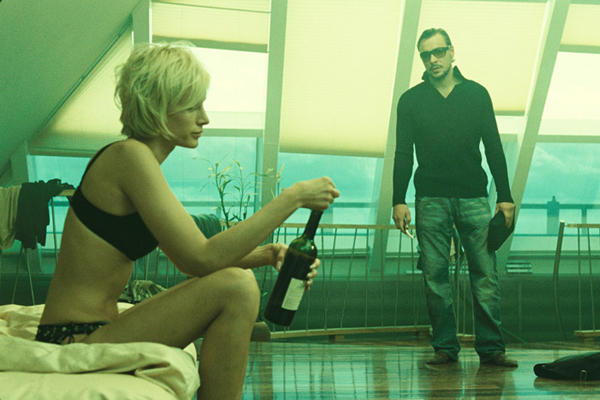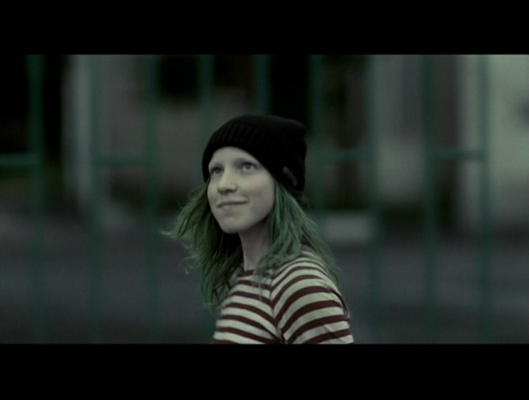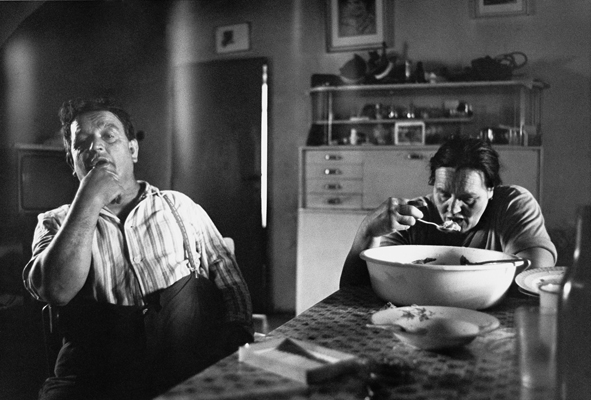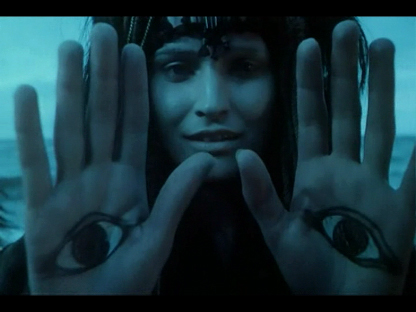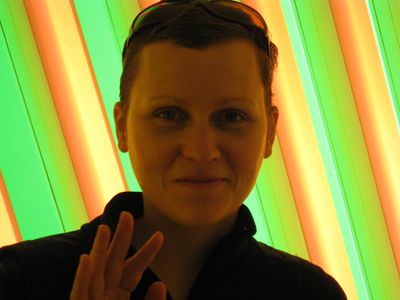Edi Hila, “Paysages Transitionnels”, Galerie JGM, Paris, January 15, 2009 – February 15, 2009.
Edi Hila: Paysages Transitionnels, Galerie JGM, Paris. January 15, 2009 – February 15, 2009
Ever since the fall of the Berlin Wall, Edi Hila has been known in the international art community as one of the most remarkable artists of his generation. Hila is known as a professor to numerous generations of young students at Tirana’s Academy of Fine Arts (among whom Anri Sala, Adrian Paci and Tirana’s infamous mayor-painter Edi Rama). He is admired for his gentle character and precise knowledge by those privileged enough to have known him personally or to have worked with him. And he … Read more


